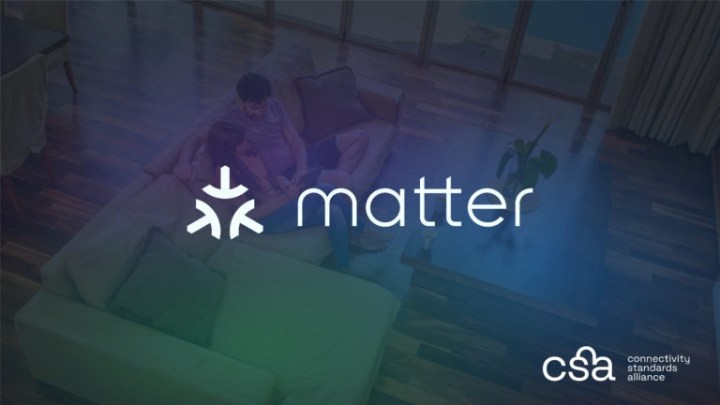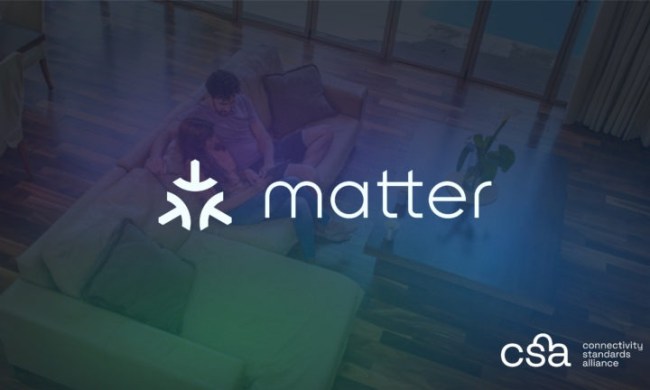Apple HomeKit, often called Apple Home, is a smart home platform that lets you control all your smart home gadgets in one place. Its main competitors are Amazon Alexa and Google Home — both of which offer similar functionality and support for a wide range of products.
There’s a lot of nuance to Apple Home, and it has seen continued growth over the past few years, making it a compelling choice to power your smart home.
Want a closer look before adopting the technology? Here’s everything you need to know about Apple HomeKit.
What is Apple HomeKit?

As mentioned above, HomeKit is a platform that allows different smart home gadgets to communicate with each other and gives you access to all of them through a single app. Along with using the Home app on iOS, you can also dish out voice commands to supported smart speakers, such as HomePod or HomePod mini.
From checking security cameras to increasing the temperature of your thermostat, Home makes it easy to control your gadgets. You’ll want to set up a HomeKit hub to serve as the brains of the operation, but once that’s taken care of, you’ll have unprecedented control of all your smart home devices.
What can Apple Home control?

While Apple Home can’t control quite as many products as Amazon Alexa and Google Home, its catalog of supported smart home products is enough to keep most people happy. The number of supported products is constantly increasing, and HomeKit currently supports many items in the following categories:
- Air conditioners
- Air purifiers
- Bridges
- Cameras
- Doorbells
- Fans
- Faucets
- Garage Doors
- Humidifiers
- Lights
- Locks
- Outlets
- Receivers
- Routers
- Security
- Sensors
- Speakers
- Sprinklers
- Switches
- Thermostats
- TVs
- Windows
Apple Home supports Matter

One of the biggest innovations in the world of smart homes is Matter. This new connectivity standard allows products to communicate with smart home platforms that they typically wouldn’t support. For example, a smart light may not have native support for Apple Home, but if it’s updated to support Matter, it’ll work with Amazon Alexa, Google Home, and Apple Home.
Of course, the main caveat here is that manufacturers need to ensure their products are built to support Matter. But if you see a product with a label on the box for either Apple Home or Matter, you can rest easy knowing it’ll work with your setup.
Should you use HomeKit in your smart home?
While HomeKit doesn’t support as many products as Alexa or Google Home, it’s a great option for iOS enthusiasts. Not only does it feature a similar UI to all the other products in the Apple lineup (making it easy to learn its intricacies), but Apple TV and HomePod are great hubs for the action.
Be sure to take a look at its full list of supported gadgets before jumping on board, but using HomeKit in your smart home is the perfect way to connect all your disparate equipment.



